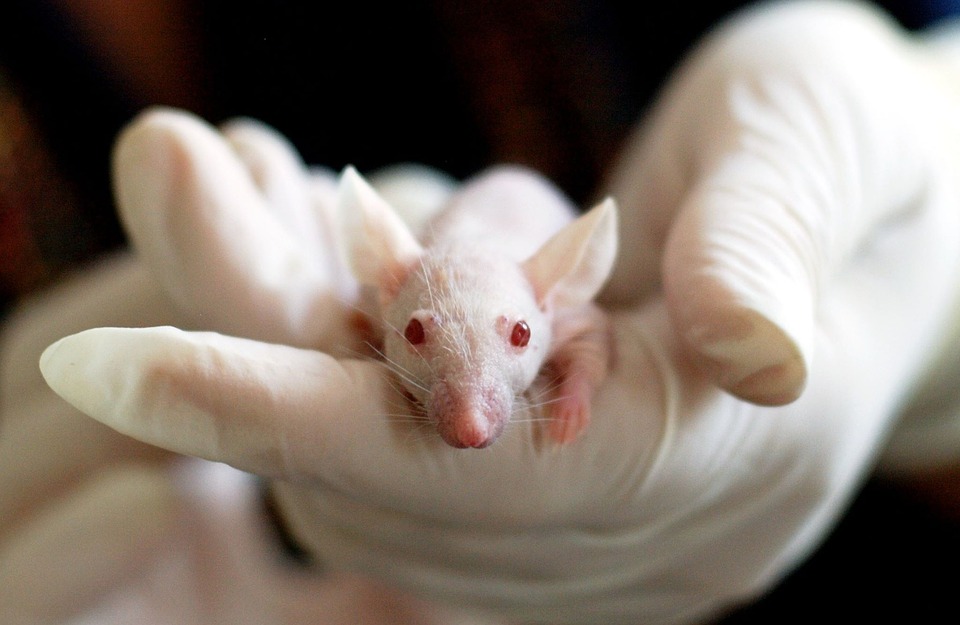On 14 March, a team led by scientists at the National Eye Institute announced in Nature Communications that a treatment applying CRISPR- Cas9 directly to the eye by means of a viral carrier prevented retinal degeneration in a mouse with retinitis pigmentosa.
Retinitis pigmentosa, which affects approximately one in 4,000 people, causes retinal degeneration leading to blindness. This hereditary disorder involves over 50 genes and more than 3,000 mutations thereby complicating any attempt at gene therapy. However, the results of the study suggest that a therapeutic approach based on gene editing could be used to target many of these genes and mutations.
“Given the lack of effective therapies for retinal degeneration, particularly the lack of therapies applicable to a broad range of genetic varieties of this disease, this study represents a very exciting and important advance in our field“, announced Joseph Corbo, neuropathologist at Washington University.
According to the authors, these results are encouraging and the method could potentially be used in human patients and multiple retinal degeneration models.
The Scientist, Anna Azvolinsky (14/03/2017)

